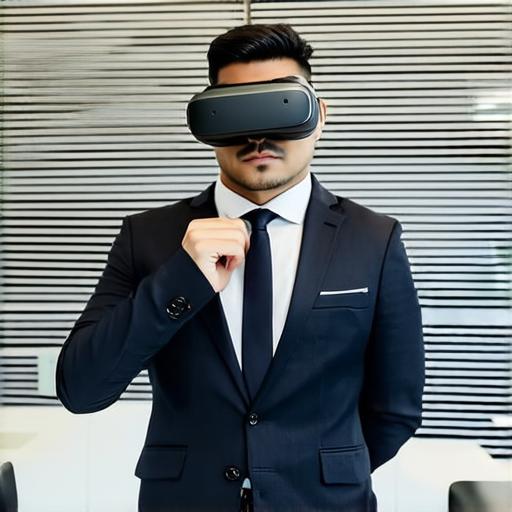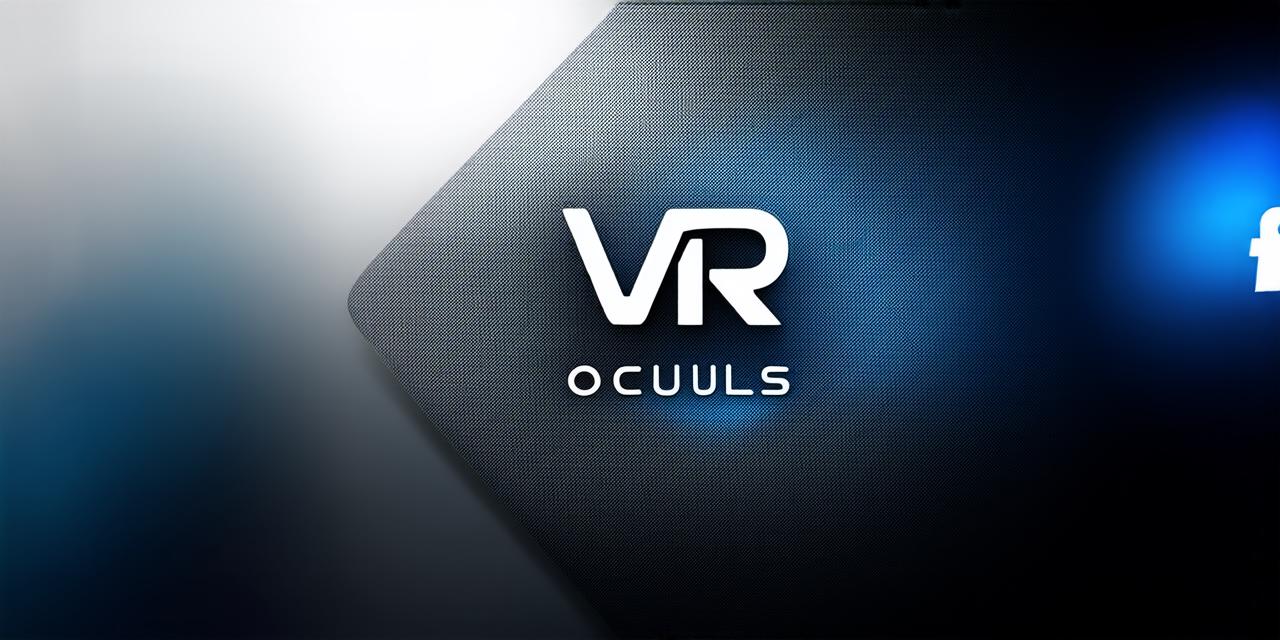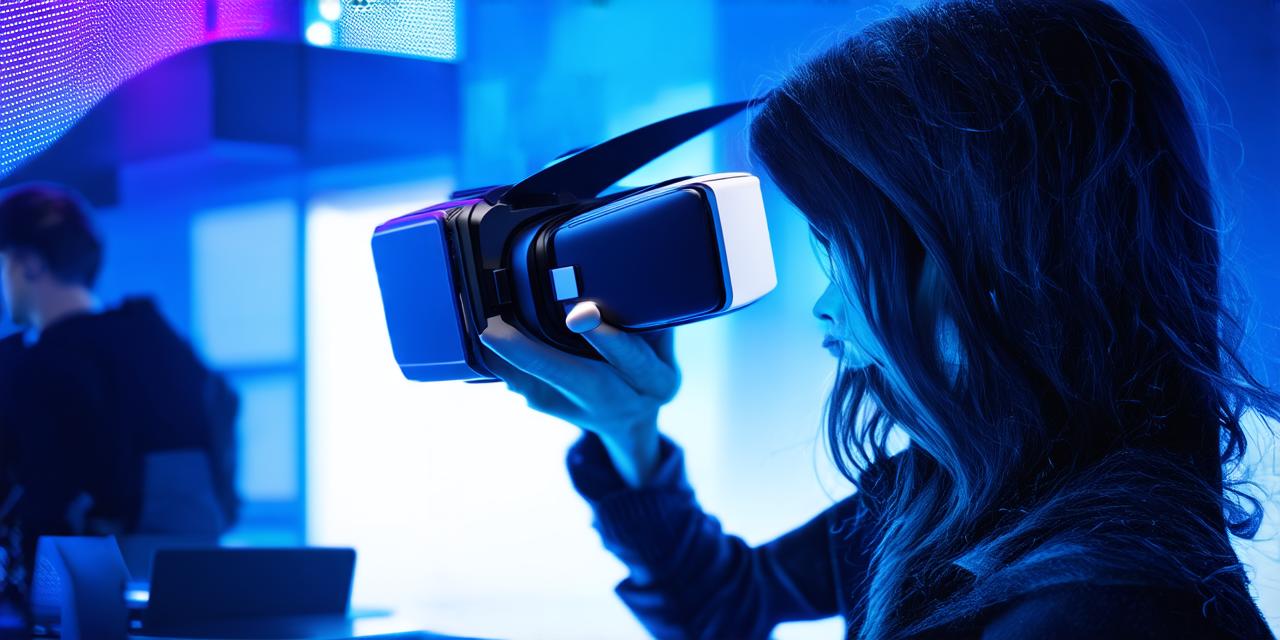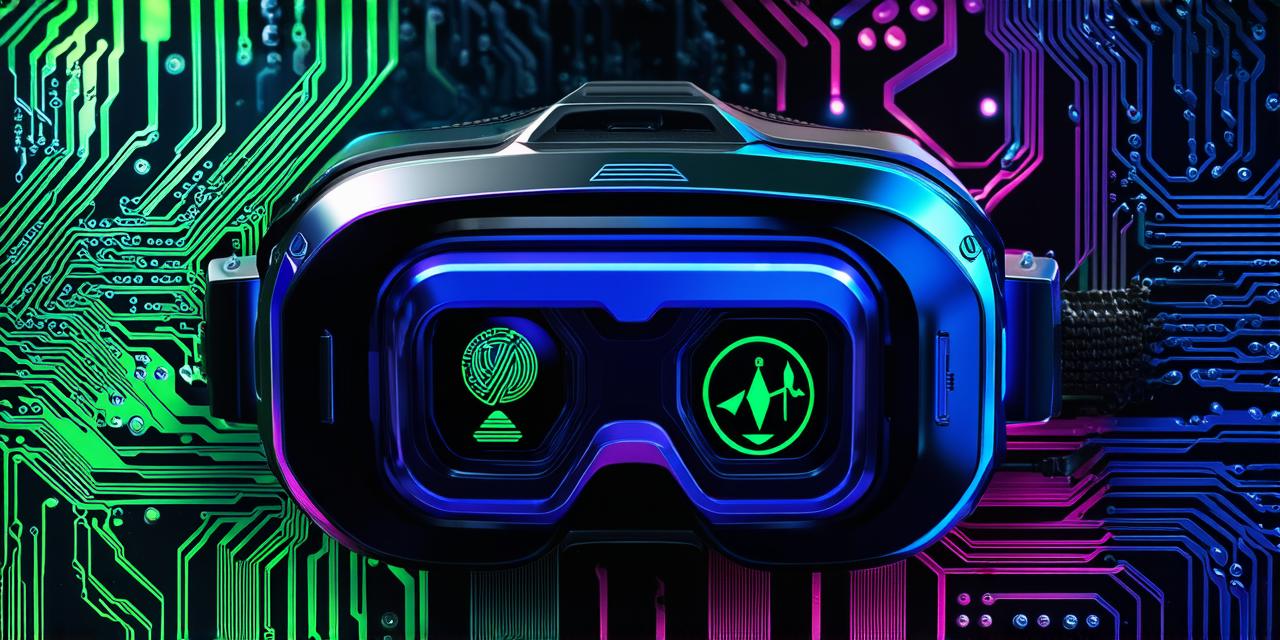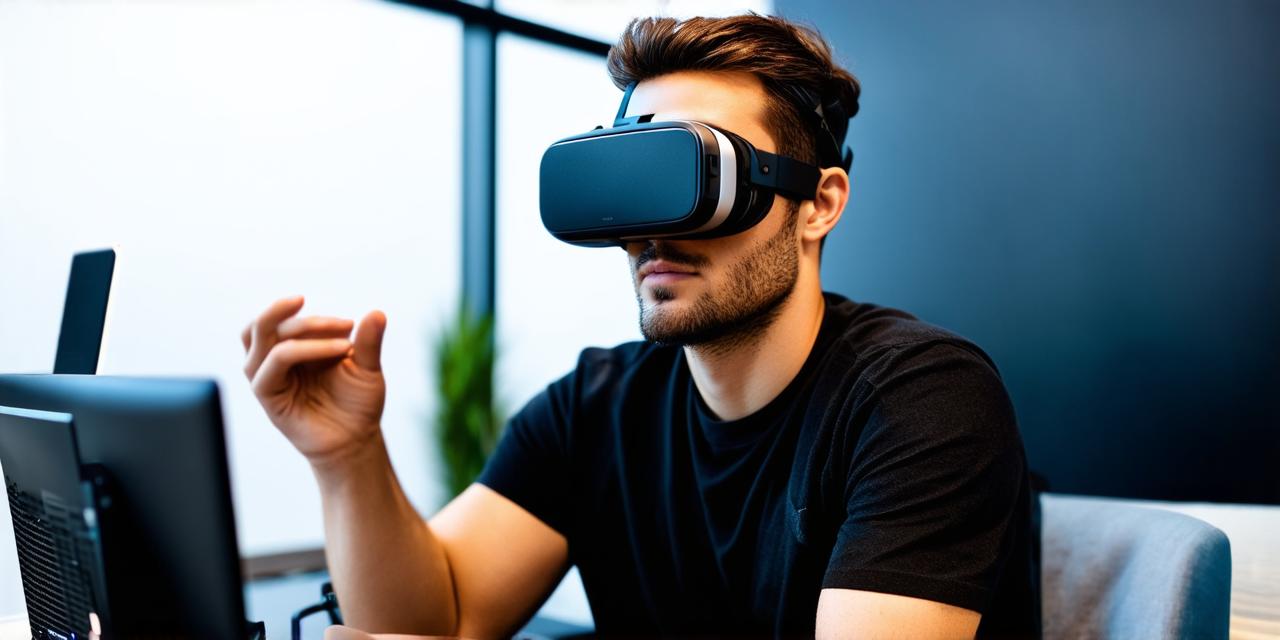Oculus VR’s Humble Beginnings
Oculus VR was founded in 2012 by Palmer Luckey, who had a vision for creating immersive virtual reality experiences. The company quickly gained attention with its Kickstarter campaign for the Oculus Rift headset, which raised over $2 million and set the stage for further development of VR technology. In 2014, Facebook acquired Oculus VR in a deal worth approximately $2 billion, citing the potential for VR to revolutionize the way people interact with each other and with content online.
The Implications of Ownership by Facebook
Facebook’s acquisition of Oculus VR has significant implications for both developers and users of AR and VR technology. Firstly, it means that Facebook now has control over a major player in the AR and VR industry, giving them the ability to shape the development and direction of this technology. This could lead to increased investment in AR and VR research and development, as well as more innovative products and experiences for users.
However, there are also concerns about the potential for Facebook to use Oculus VR for their own commercial gain, rather than for the benefit of the wider industry. For example, some developers have expressed concern that Facebook may prioritize their own social media platform over other VR platforms, leading to a lack of competition and stagnation in the industry.
Additionally, there are concerns about privacy and data collection, as Facebook is known for its extensive use of user data to target advertising. There are also concerns about the potential for Oculus VR to be used for surveillance or other unethical purposes by Facebook.
Real-Life Examples of Oculus VR in Action
Despite these concerns, there are many real-life examples of how Oculus VR has been used to create immersive experiences for users. For example, the company has partnered with several major movie studios to create virtual reality experiences based on popular films, such as “The Walking Dead” and “Star Wars.” These experiences have provided fans with a unique and immersive way to experience their favorite movies and franchises.
Oculus VR has also been used in the education sector, where it has been used to create virtual field trips for students to explore historical sites or scientific concepts in a more interactive and engaging way. This technology has the potential to revolutionize the way that we learn and experience the world around us.
The Role of AR Developers in Oculus VR’s Future
Despite Facebook’s acquisition of Oculus VR, there is still a lot of potential for AR developers to work with this technology and create innovative experiences for users. The company has already launched several successful AR products, including the Oculus Quest 2, which features an integrated camera that allows for AR experiences on mobile devices.
In addition, Facebook has also invested in AR research and development, working on projects such as “Project Ray” and “Horizon,” which are designed to bring people together through immersive virtual environments. This suggests that the company is committed to exploring the potential of AR and VR technology, and that there may be opportunities for developers to work with Oculus VR in the future.
FAQs
Q: What does Facebook’s acquisition of Oculus VR mean for AR development?
A: While it is unclear exactly how Facebook will use Oculus VR for their own commercial gain, there is potential for increased investment in AR and VR research and development. However, there are also concerns about the lack of competition and potential stagnation in the industry.
Q: How has Oculus VR been used in real-life experiences?
A: Oculus VR has been used to create immersive experiences for users, such as virtual reality experiences based on popular films or scientific concepts in education.
Q: What role does AR development play in Oculus VR’s future?
A: While it is unclear exactly what the future holds for AR and VR technology, Facebook has shown a commitment to exploring its potential through projects such as “Project Ray” and “Horizon.” This suggests that there may be opportunities for developers to work with Oculus VR in the future.
